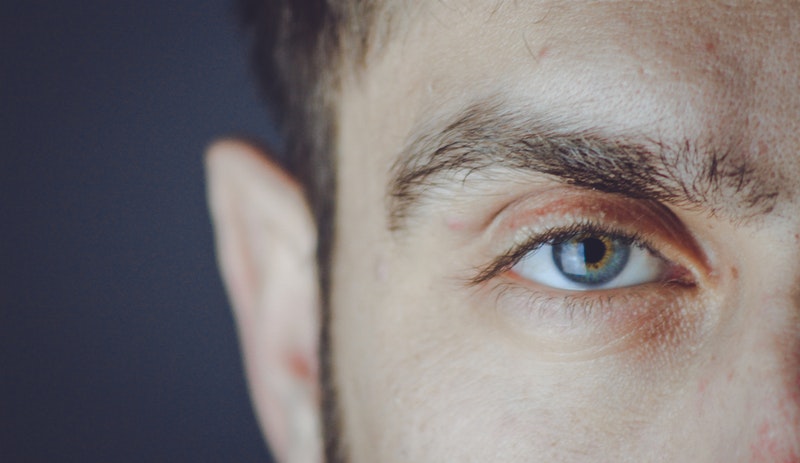

Getting Help Through EMDR
by Counseling and Wellness Center of PittsburghApril 12, 2021 social anxiety, treatment for anxiety disorder0 comments
Traditional psychotherapy has been the usual approach to dealing with issues such as anxiety, depression, and addiction. It can involve real and tiring work including reliving uncomfortable memories and feelings out loud for multiple therapy sessions. Historically, this has been the responsible process to identifying and resolving deep issues about thoughts and feelings and functioning in the...Learn MoreAgoraphobia
by Counseling and Wellness Center of PittsburghApril 3, 2018 agoraphobia, anxiety, anxiety therapy pittsburgh, counseling for anxiety, counseling pittsburgh, help for anxiety, panic attack, therapist, therapists, therapy, Therapy and Counseling For Anxiety0 comments
Agoraphobia
Agoraphobia is a type of anxiety disorder that can sometimes co-occur with panic disorder. Its prevalence rate in the population is low, occurring in only about 1.1% of the population. Agoraphobia is hallmarked by a fear of leaving the house or other safe place. This often cooccurs with panic attack or panic disorder because a person has experienced a panic attack and then fears...Learn MorePhobia Therapy & Treatment
by Counseling and Wellness Center of PittsburghMarch 16, 2018 anxiety, anxiety therapy pittsburgh, counseling, counseling pittsburgh, educational, generalized anxiety disorder therapy pittsburgh, licensed therapist monroeville, licensed therapist pittsburgh, psychology, psychotherapy, therapist, therapist in murrysville, therapists, therapy, therapy for anxiety, therapy pittsburgh, wellness, wellness center monroeville, wellness pittsburgh0 comments
Phobia
A phobia is a fear or anxiety response of heighted arousal, ie rapid heart rate, rapid breathing, and thoughts of intense worry and this most likely leads to avoidance of the situation or object. Some examples of typical phobias are fear of public speaking, fear of choking or vomiting, fear of spiders (arachnophobia), fear of enclosed spaces (claustrophobia), fear of bridges, fear of...Learn MoreAnxiety; Pills and Possibilities, A Psychotherapists Musings
by Stephanie McCrackenApril 30, 2014 counseling, mindfulness, personal growth, psychology, psychotherapy0 comments
Who among us has not suffered from feelings of anxiety at some point in his or her life, it is common enough to be among the more often seen symptoms which bring an individual into a therapist’s office. Even for the most staunchly healthy psyches anxiety is a typical benchmark which exists in a range of degrees within the human emotive process. Depending upon you as the individual and the...Learn More